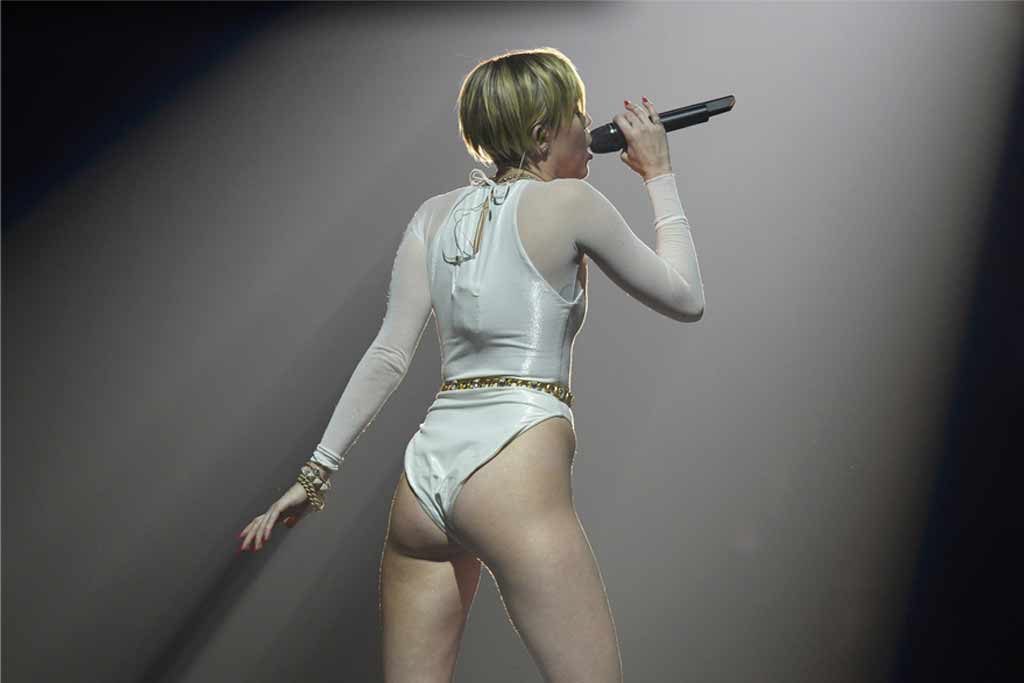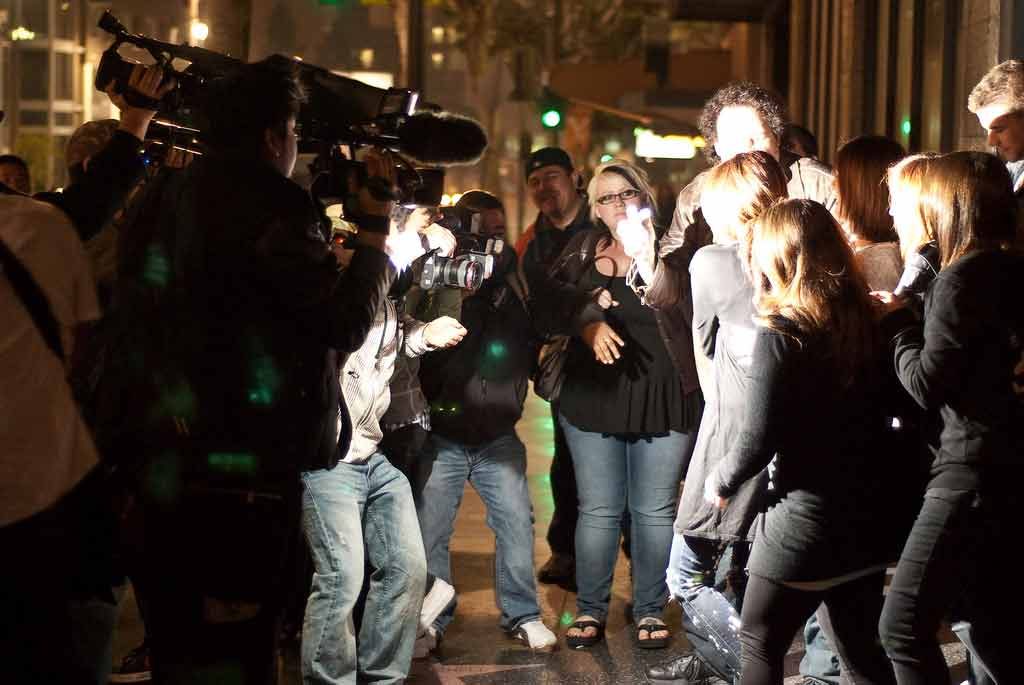We know it’s easy to get engrossed in celebrity scandals and gossip over world issues. Newspapers, digital publications, television channels all use entertainment content as a light-hearted touch in the midst of otherwise grave news; but what happens when the subscription of celebrity gossip magazines overshadow other niche magazines? Or when the celebrities who spend the most amount of time in the limelight are popular not because of their talent, but their appalling social spectacles?
Our children – young adults – are exposed to these messages often, sourced from celebrities they look up to; Justin Bieber’s disregard for other people’s property, Miley Cyrus swinging nude on a wrecking ball, and Lindsay Lohan high on cocaine. Are these the celebrity role models we want?
B-Change wanted to take a look at whether we can hold these celebrities responsible for their life choices. Being in the public eye, they serve as role models to the young, thanks to our celeb-worship culture.
Why Do We Indulge [sometimes secretly]?
During research, I came across various studies conducted to determine the acceleration of media’s quantum shift from reporting ‘real world news’ to ‘fluff’ and gossip. According to a recent study, an average of 54% of participants (US citizens) agree that the media give more leverage to celebrity news over world news.
Audiences are clearly aware that the media’s focus is shifting, but it seems they also resist, to some extent, the content in celeb gossip magazines. As Christina Scharff puts it elegantly in this book review:
“.. Readers are often critical of celebrity gossip magazines’ content. They detest the ruthless scrutiny of women’s bodies and the unrealistically high standards of beauty conveyed therein. And yet millions of people read such titles because they offer an opportunity for expression, companionship and dissent.”
Despite the resistance, our tendency to be interested in the storyline of another’s life is quite basic; it helps us deal with our own problems better and some say, it can give us perspective. Claiming it’s harmless, many use it as an escape from alternative ‘heavy-reading’ content online. While following celebrity news is nearly instinctive for contemporary society, celebrities are often blamed for being bad role models to their fans and the community, posing the important question:
Can we blame celebrities for not being good role models?
When answering this question, one can’t help but wonder: Are celebrities really are meant to be our role models? Being ordinary humans, they have unique talents, as well as imperfections.
While celebrities are very aware of the coverage they receive, they are human and will react as their nature allows. Wouldn’t you?
Being in the public domain, however, increases your accountability for every action – it’s then a matter of public interest. No, we can’t blame celebrities for making bad choices as we all do, but with stardom comes ethical responsibility. While they may not be the epitome of the perfect human beings, they are largely looked up to.
Aware of the impact that they may cause, we have celebrities like Lindsay Lohan who only seem to be spiralling downwards in the eye of the public, we also have actors like Angelina Jolie who tend to make the most of their status positively. There are celebrities at both ends of the spectrum, but just as royalty are careful about what they do or say in the public domain, more celebrities need to follow their suite.
So, Is the media simply highlighting the wrong people?
To explain why the media is focused on reporting about the lives of celebrities and constantly criticizing their decisions, let’s take the example of an archetypal community.
It is typical for members of a community to keep knowledge of the whereabouts of other fellow members. It is also typical for them to discuss member decisions, regardless of how conventional or unique they may be. Similarly, the media plays the role of the major outlet in spreading the knowledge of a single global community – mankind. For a community to progress as a whole, it is essential for the media, being an influential platform, to focus on shedding light on the right people. Is the media doing that?
The rich and the famous become their target due to their financial and social statuses; their decisions become the ultimate topic for gossip. What the media facilitated for their own commercial benefit now brings about comparison, criticism, and obsession.
But is the media highlighting the wrong people? Does this news add value to our lives?
Lately, it’s profits driven by sales driven by fluff; that’s the cycle. There are two sides to this argument. Firstly, the fluff and gossip about celebrities, their new pets and DUI cases. However, there is also another perspective where the media follows a celebrity’s decision that is in human interest. Speaking of the concepts of right and wrong, while the media stalks socialites such as Kim Kardashian and Kanye West who have little to nothing positive to contribute to society, the media also reports about celebrities like Taylor Swift, who use their stardom to help their fans.
Round and round: Back to the people
In the end, the media is an umbrella term that is driven, eventually, by what the people want to know – and there are different kinds of people. Fitness enthusiasts will prefer reading about diet plans and workouts, fashionistas will prefer reading about fashion and beauty trends, and NGOs will prefer reading about local and global community issues.
The accountability comes full circle and falls back on the public: we are what we watch [or we become what we watch].
The solution?
So, be mindful of what you tune into, read, watch and expose your children to. The role models you have are the ones you choose [Kim Kardashian’s behind is going to add little to your knowledge base] and the media? The media is only giving you what you want [so you can pay them].
What’s your take? Do you think Celebrity gossip is mindless? Do you disagree that there is a rise in the reporting of fluff? Tell us in the comments below.













